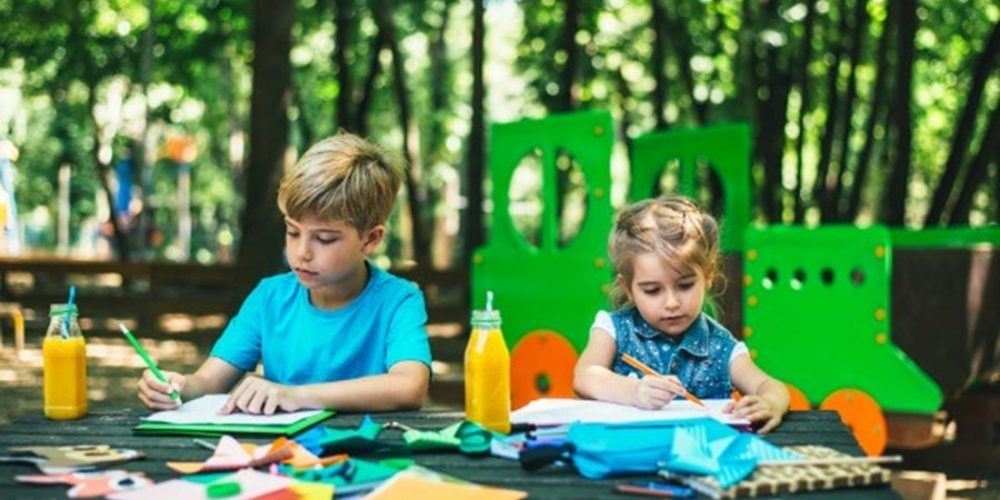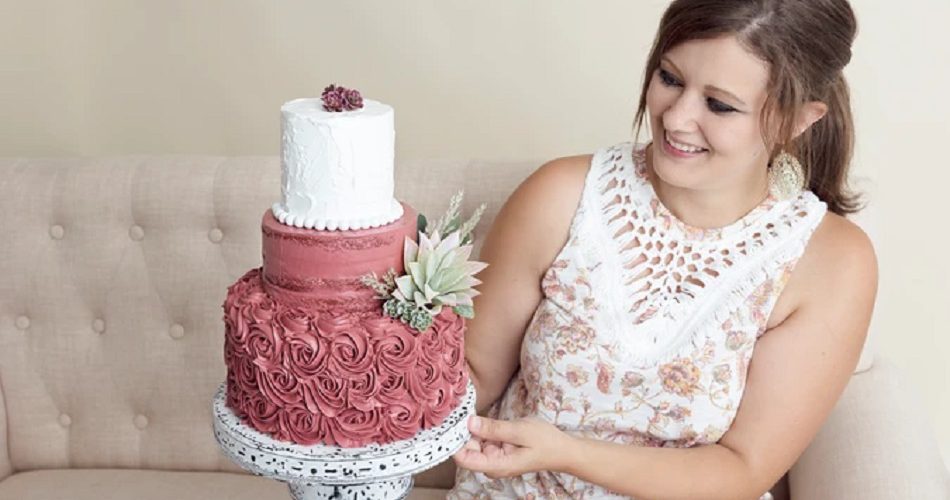My daughter is hurt at being rejected by the girl she called her best friend

My daughter is eight and has two siblings. Another girl, F, of the same age, has been a constant presence in her life since birth. Because of this, in the first couple of years at school, they would often refer to each other as best friends and go to each other’s homes for play dates. The relationship seemed fractious at times, with F appearing to be more in charge in general. I put some of the difficulties down to their age and the fact that there was also a third girl, S, in the group. When I discussed it briefly with F and S’s mums, the feeling was that the usual problems of a three-way relationship came into play at times and that my daughter and S seemed to take it in turns to feel left out.
However, in the past couple of years, it has become clear that F does not want to be friends with my daughter. The difficulty is that my daughter feels bonded to her and is very hurt by this. In conversations with her, she has said it makes her feel very sad, that it makes her not like herself, and that she wishes she didn’t exist.
I have encouraged her to make different friendships and she has done so, with some success – although many of her potential friends have already developed other close friendships and she finds herself battling with the “three-way” situation again, which can sometimes lead to more feelings of rejection.
I realise that being rejected is normal, but feel that my daughter has been hit hard by this, mainly because of the close contact and bond that she felt between her and F. I am worried this has had a negative affect on her self-esteem and that she is more vulnerable as a result. She started off as a sunny, happy little girl, but although she is generally cheerful, this is less true now than it was.
I have made a point of inviting new friends around. I no longer invite F and my daughter has access to a group of friends out of the school context.
Is there anything I can do to help her stay resilient in the face of this situation? I am afraid it is making her vulnerable to mental health problems.
The answer to the mother:
It is always hard seeing your child struggle and natural to want to make it “all right” for them. But, some things to think about: first, is your response appropriate to the situation? It is a balance between not minimising, but not going nuclear over a situation, as neither response is helpful. Sometimes you have to “sandbag” your own emotional responses. Children need reassurance and help with regulation of their emotions. Second, it is always worth exploring how much this is about what is happening with your child or if it also taps into something within you or your past. Sometimes, in helping our children, we are trying to help the child we were, and it is important to separate out these strands so that our responses can be – back to the first point – appropriate.
In your longer letter, you mentioned how much you and F’s mother used to do together, too. And I wonder if you miss this and if you had had an idea of the trajectory of your lives together, which hasn’t happened?
A child psychotherapist, Dr Sarah Sutton also wonders if you are “picking up on something else and whether this brings up any ghosts for you. The best hope for your daughter’s resilience is her relationship with you’, she says.
So what is important is that, when your daughter comes home and says something has happened, you listen, which you are doing, and help her with it, but – and this is key – you help her to realise (and I don’t think it is ever too early to learn this) that F’s behaviour – or anyone’s – isn’t about your daughter, that she can only be responsible for her own behaviour. Anyone can say or do anything to her and it doesn’t define her – only she can do that.
“What you could say,” suggests Sutton, “is something to help her realise that what is going on isn’t about her, and to help her to look at ‘what else is going on here’ in the situation”.
If you are having a big chat about the situation regarding F, it might be helpful, says Sutton, “to think about what is going on in F’s own family – is she experiencing some rejection?” Is there a new sibling, for example.
If it is a relatively small situation, you might want to try saying something such as: “That sounds hard for you. What would make you feel better right now?”
It does sound as if F may be taking something out on your daughter: she may see something your daughter has, or even maybe the way you are with her, and it may make her feel lacking. But that is F’s problem.
None of this reinforcement happens overnight, so expect to repeat things. “But hopefully, in time,” says Sutton, “your daughter will internalise your care of her, which is key to good mental health. If you can teach your little girl that this rejection is not about her – that is key to building her resilience.”
You are right to suggest that she should try to make lots of friends so she isn’t overreliant on one. And also remember that things change: a new child could come into the class, or one might leave, and that could totally reshuffle the dynamics.

































